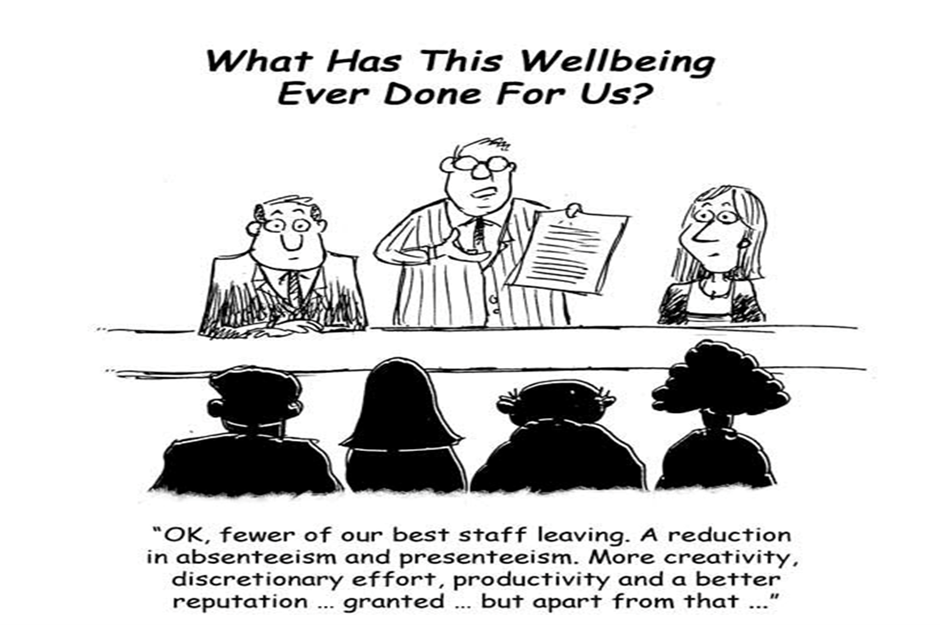In the latest part of his SHP blog series, Tim Marsh attempts to simplify the ‘hidden’ physiological science behind the effectiveness of a walk and talk, as we know that everyone likes to understand why things work well even when they long ago accepted that, clearly, they do so.
It’s long been accepted that a good walk and talk allows for the exchange of ideas and shows visible felt leadership and commitment. So long as the management involved are genuine in their intent, listen and don’t just file any good ideas in a drawer it’s a key element of any cultural enhancement approach.
However, there’s also something rather more self-fulfilling going on that underpins both vicious and virtuous circles. Linked of course to the whole issue of subconscious back brain function it boils down to two cocktails of chemicals.
The first cocktail is comprised of adrenalin and cortisol and these chemicals occur when we are, for example, stressed, uncertain, anxious or feel we have been treated unfairly. The problem with these is that they automatically increase …
- Intolerance
- Irritability
- Criticality (blame)
And reduce or impair…
- Memory
- Creativity
- Decision making
Not really ideal under any circumstances… on the other hand, the more joyful cocktail comprises of dopamine, oxytocin and endorphins and these are generated by such as humour, engagement and empathy. These promote:
- Calmness
- Focus and attention
- Creativity
- Generosity
- Bonding
- Trust
I think we can all agree that that’s a bit more like it when we’re seeking the multi-faceted benefits of culture and resilience creation… with many organisations very explicitly striving to build a ‘culture of care’ as well as one of safety and health.

In an attempt at a user-friendly summary the above cartoon, from ‘Organised Wellbeing’, is (proudly) a homage to the famous Monty Python ‘Romans’ scene so please imagine one of the shadows chipping in “well better mental health and fewer accidents Reg” to be met with “well of course better mental health and fewer accidents… I mean that’s bleedin’ obvious… fewer accidents… goes without saying…”.
In closing: The person who first publicised the notion of these chemicals as ‘cocktails’ (a, David Phillips) called them the ‘Angel’ and ‘Devil’ cocktails. I think that lacks a bit of imagination myself and am tentatively suggesting ‘Success on the Beach’ and ‘Oh, Bloody Hell Mary’ – though I’m sure many SHP readers can do better than that. So that’s a challenge… with the best adopted – IE proudly stolen! – though, I promise, fully attributed!
Click here for more from Tim’s blog series…
What makes us susceptible to burnout?
In this episode of the Safety & Health Podcast, ‘Burnout, stress and being human’, Heather Beach is joined by Stacy Thomson to discuss burnout, perfectionism and how to deal with burnout as an individual, as management and as an organisation.
We provide an insight on how to tackle burnout and why mental health is such a taboo subject, particularly in the workplace.


